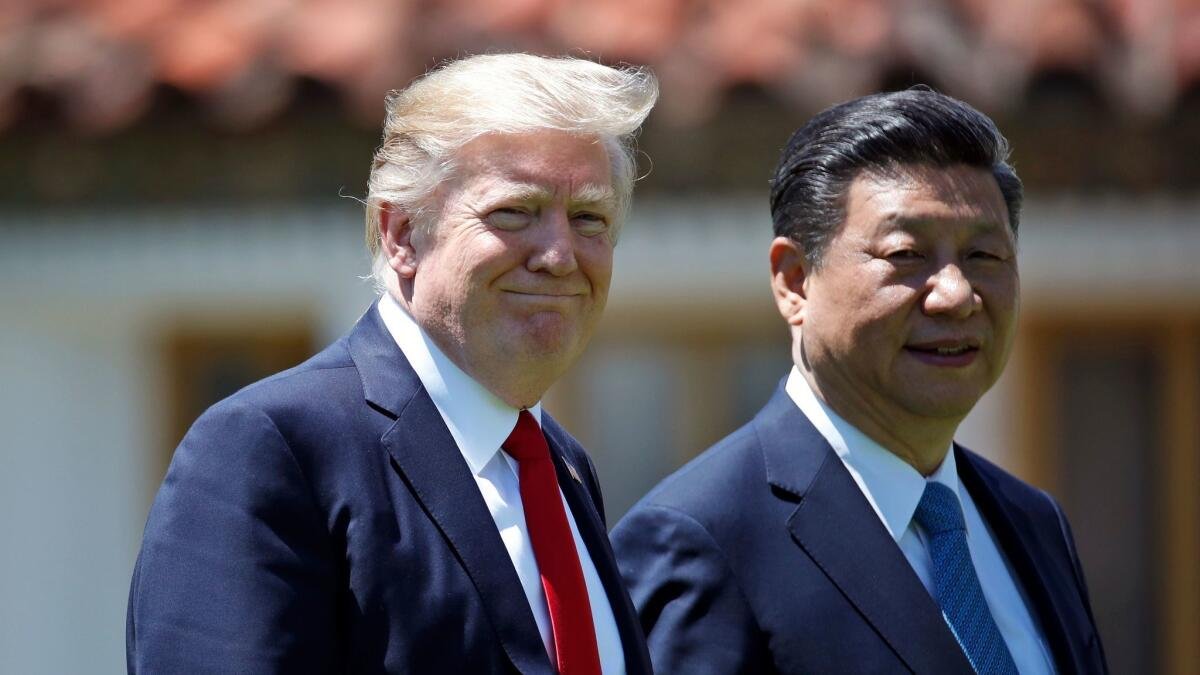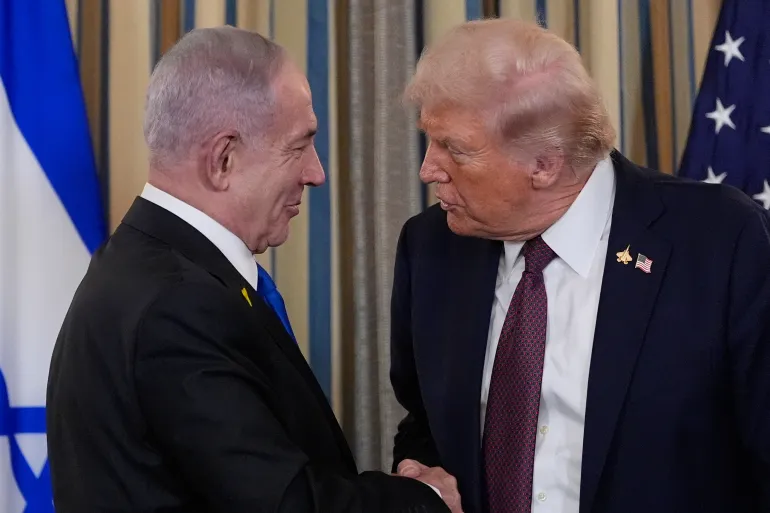Global Trade Tensions Rise Again: Beijing Accuses Washington of Violating Trade Deal
On Monday, China issued serious accusations against the United States, claiming it is violating the recently signed temporary trade agreement. Chinese authorities allege that U.S. restrictions on the export of artificial intelligence (AI) chips to China, the suspension of chip design software supplies, and threats to revoke Chinese student visas directly contradict the terms of the deal.
Global Trade Tensions Rise Again: Beijing Accuses Washington of Violating Trade Deal
Global Trade Tensions Rise Again: Beijing Accuses Washington of Violating Trade Deal
June 2, 2025 | Washington
On Monday, China issued serious accusations against the United States, claiming it is violating the recently signed temporary trade agreement. Chinese authorities allege that U.S. restrictions on the export of artificial intelligence (AI) chips to China, the suspension of chip design software supplies, and threats to revoke Chinese student visas directly contradict the terms of the deal.
In a statement, China’s Ministry of Commerce declared:
"These U.S. measures severely undermine the consensus reached during the Geneva economic and trade talks and show blatant disregard for China’s legitimate rights and interests."
Trump Fires Back
Last Friday, President Donald Trump countered with his own accusations, claiming that China itself had breached the agreement. Yet just weeks earlier, on May 12, both countries had agreed to temporarily ease their high tariffs and signed a 90-day provisional trade deal.
Analysts warn that such mutual recriminations are likely to make future trade negotiations even more difficult.
Arthur Kroeber, an analyst at Gavekal Research, commented:
“Much remains unclear after the Geneva agreement. We still don’t know who actually controls U.S. trade policy—President Trump, the trade delegation, or the National Security Council.”
He added that U.S. trade strategies currently seem to focus more on demonstrating strength than crafting realistic policy.
White House Remains Hopeful
On the other hand, U.S. Treasury Secretary Scott Bessent said Sunday on Face the Nation:
“I believe a direct discussion between President Trump and President Xi Jinping could resolve this. We expect to see progress very soon.”
Market Impact: Wall Street Slides
The escalating tension has already impacted U.S. markets. On Monday, the S&P 500 fell by 10 points (0.2%) to 5,901, while the Dow Jones dropped 0.4% and the tech-heavy Nasdaq declined by 0.1%.
The May 12 Tariff Pause and Deal Terms
Under the temporary agreement signed on May 12:
-
The U.S. reduced tariffs on Chinese goods from 145% to 30%,
-
China lowered its tariffs on American products from 125% to 10%.
China's Ministry of Commerce claims it also suspended various non-tariff restrictions. However, it argues that U.S. unilateral actions such as export bans and visa threats now render the deal practically void.
Targeting Students?
One of the most controversial U.S. measures involves threats to revoke visas for Chinese students. Over 275,000 Chinese students are currently studying in the United States.
A Global Economic Warning
Economists around the world view the renewed tensions as a serious global risk.
Carl Weinberg, chief economist at High Frequency Economics, warned:
“If the U.S. and China return to a full-scale trade split, the global supply chain could collapse, demand for industrial raw materials would fall, and the world economy could spiral into recession.”










